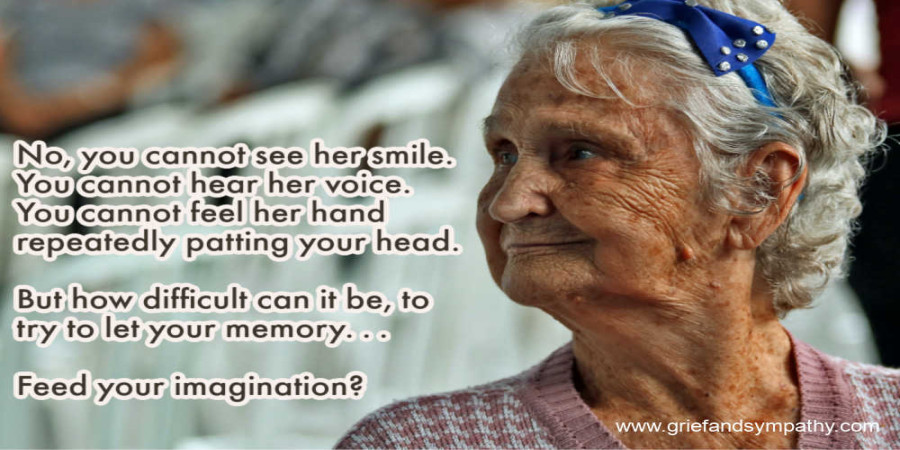

My Grandma Passed Away and We Read Her Will
The passing of a loved one is a difficult chapter in anyone's life. Along with grief comes the necessity of managing the deceased's affairs, including the reading of their last will and testament. Recently, my family experienced this following the passing of my beloved grandmother. I want to share my experience and insights about the process.
What is a Will?
A will is a legal document that outlines a person's wishes regarding the distribution of their assets and possessions after their death. It may also include instructions for guardianship of minor children, end-of-life care preferences, and funeral arrangements.
The Importance of Having a Will
Having a will is crucial, even if you don't consider yourself wealthy. It provides clarity for your loved ones and helps to carry out your intentions regarding your possessions. Without a will, state laws dictate asset distribution, often not aligning with your wishes. This can create additional stress and conflict for your family during a time of mourning.
Appointing an Executor
A will generally names an executor. This person is responsible for managing the deceased's estate according to the will's instructions. They handle tasks such as paying outstanding debts, distributing assets to beneficiaries, and filing any necessary taxes.
Probate
The probate process is when the courts validate a will. The executor usually files the will with the probate court, which gives them the authority to carry out the instructions. The length and complexity of probate vary depending on state laws and the size and nature of the estate.
Our Experience Reading the Will
After my grandmother's passing, our family gathered to read her will. My grandmother's attorney facilitated the reading, explaining the legal language and answering our questions. Although a bittersweet moment, the reading provided clarity and closure. We learned about my grandmother's specific wishes for her possessions, some of which held great sentimental value.
Dealing with Complexities
Not everyone's experience will be as straightforward as ours. Wills can be contested, especially if there is a feeling of unfairness among beneficiaries. If you suspect this may be an issue or your loved one's estate is complex, consulting an estate planning attorney is advisable.
Lessons Learned
Experiencing this process highlighted the following lessons for me:
- The importance of communication: Discuss end-of-life arrangements openly with your loved ones to prevent misunderstandings and conflicts.
- Seeking professional assistance: If your family member's will or estate is complex, engage the services of an estate planning attorney to ensure everything is handled correctly and legally.
- Prioritizing your own estate planning: Witnessing this process reinforced the need for me to create my own will and ensure my wishes are documented for my family's future peace of mind.
References
- [American Bar Association: What is a Will?] (https://www.americanbar.org/groups/public_education/resources/law_issues_for_consumers/wills/)
- [AARP: 7 Things You Need to Know About Wills]
Remember: This post is for informational purposes and not a substitute for legal advice. Always consult an estate planning attorney with questions about your situation.
I hope this blog post provides helpful information and a foundation for those who may face a similar experience.
Popular articles

Apr 11, 2024 07:40 PM

May 25, 2024 08:09 PM

Apr 11, 2024 07:22 PM

Apr 10, 2024 07:59 PM

Mar 14, 2024 07:53 PM
Comments (0)